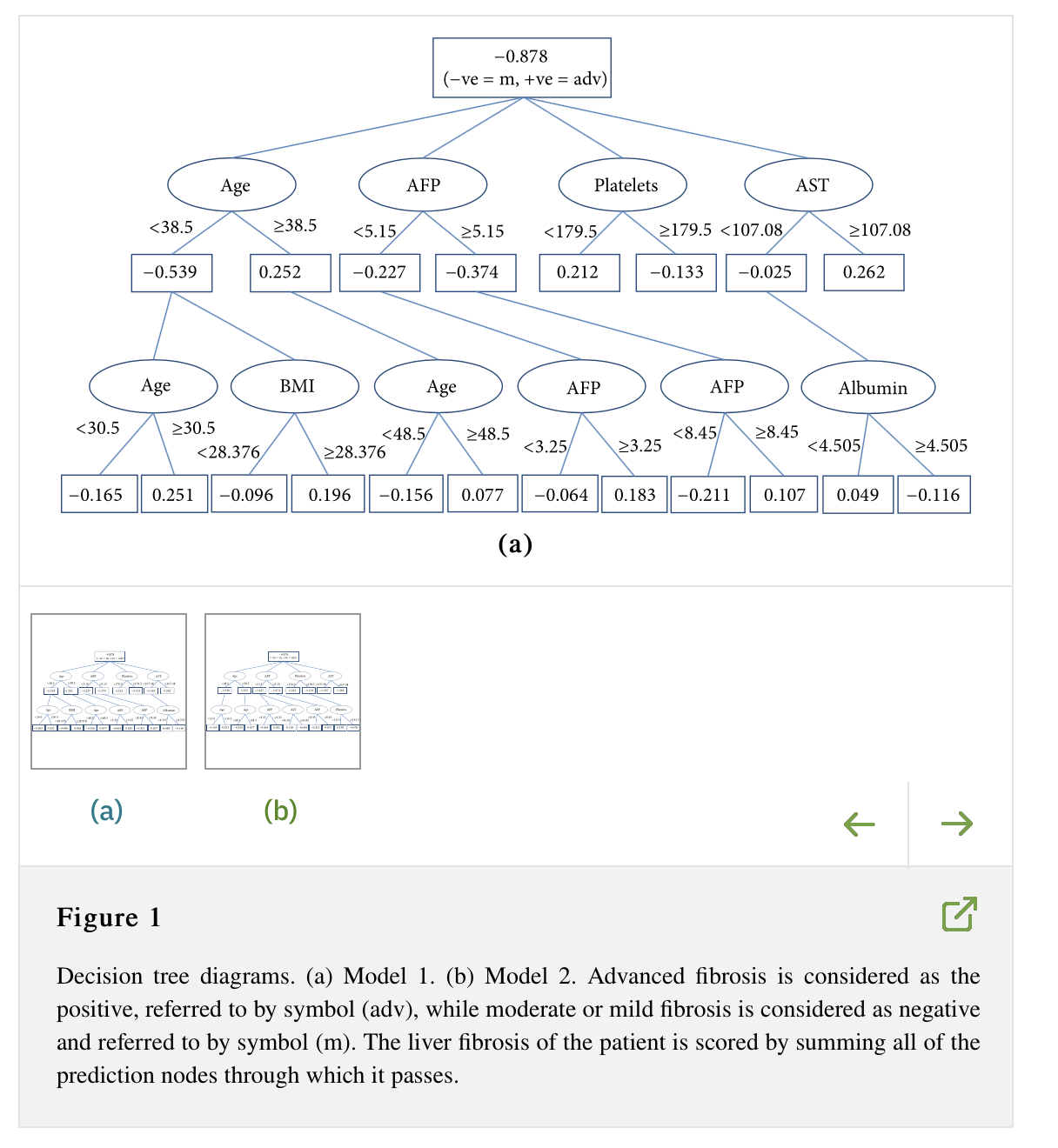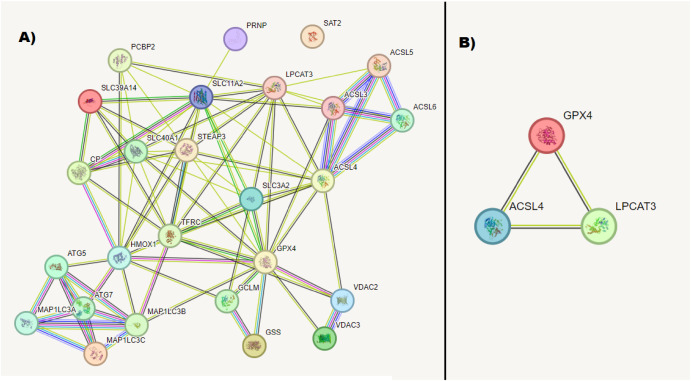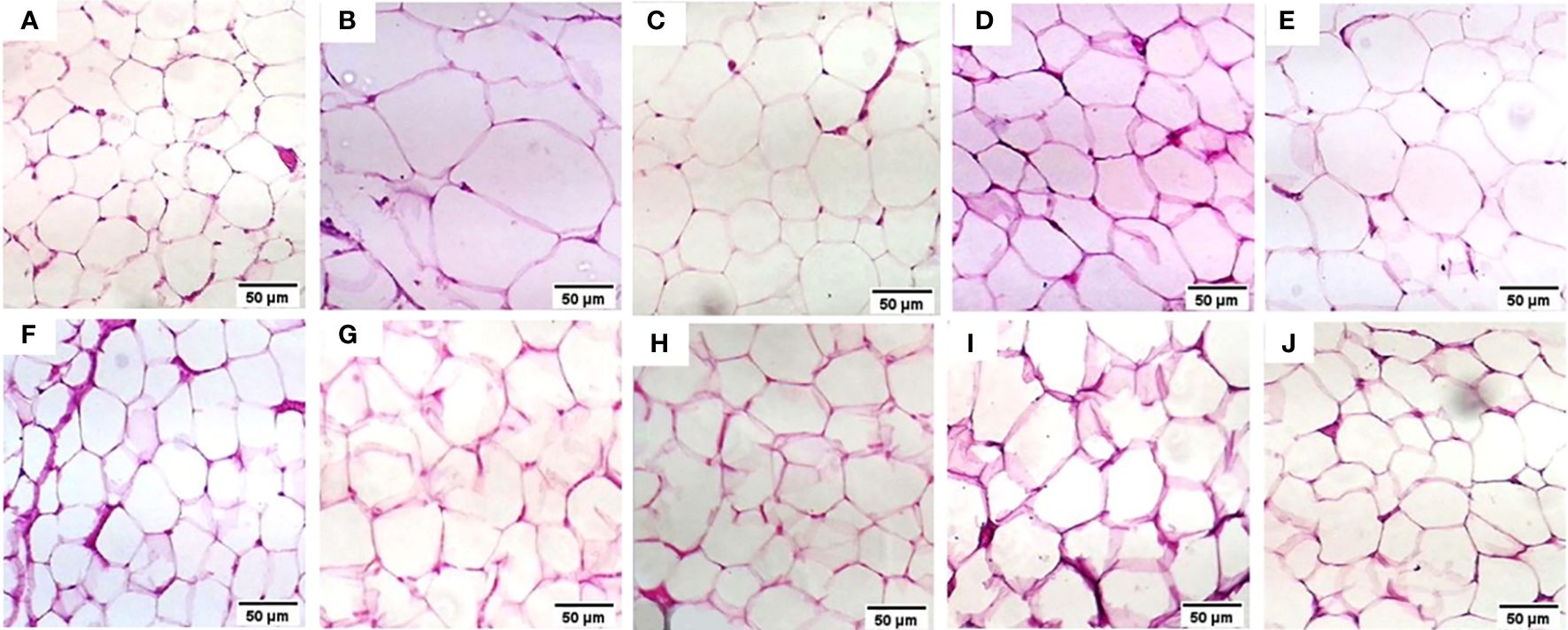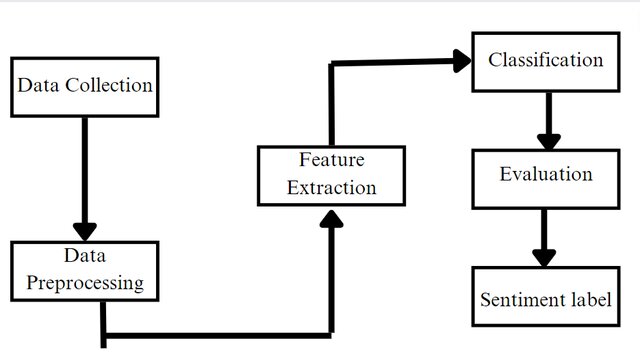
Accurate Prediction of Advanced Liver Fibrosis Using the Decision Tree Learning Algorithm in Chronic Hepatitis C Egyptian Patients
Background/Aim. Respectively with the prevalence of chronic hepatitis C in the world, using noninvasive methods as an alternative method in staging chronic liver diseases for avoiding the drawbacks of biopsy is significantly increasing. The aim of this study is to combine the serum biomarkers and clinical information to develop a classification model that can predict advanced liver fibrosis. Methods. 39,567 patients with chronic hepatitis C were included and randomly divided into two separate sets. Liver fibrosis was assessed via METAVIR score; patients were categorized as mild to moderate (F0-F2) or advanced (F3-F4) fibrosis stages. Two models were developed using alternating decision tree algorithm. Model 1 uses six parameters, while model 2 uses four, which are similar to FIB-4 features except alpha-fetoprotein instead of alanine aminotransferase. Sensitivity and receiver operating characteristic curve were performed to evaluate the performance of the proposed models. Results. The best model achieved 86.2% negative predictive value and 0.78 ROC with 84.8% accuracy which is better than FIB-4. Conclusions. The risk of advanced liver fibrosis, due to chronic hepatitis C, could be predicted with high accuracy using decision tree learning algorithm that could be used to reduce the need to assess the liver biopsy. © 2016 Somaya Hashem et al.




